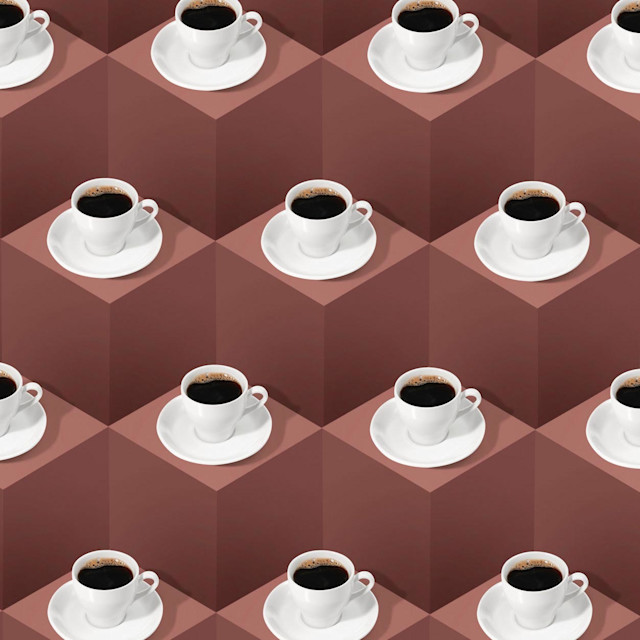Eat this fruit and avoid this beverage.
The healthiest choice isn’t always an option. In Best Worst Choice, experts explain what you can do to make the most of those less-than-ideal situations.
The gist:
Drinking too much caffeine in one go can cause jitters, anxiety, GI distress, headaches, mood swings, and sleep problems. If you went overboard, there are a few ways you can minimize the upper's effects.
Expert insight:
Ideally, you will have had an espresso shot or three too many post-breakfast. With food in your stomach, your body will likely absorb the caffeine more slowly, says Paul Nagelkirk, Ph.D., caffeine researcher and director of the Integrative Exercise Physiology Laboratory at Ball State University in Muncie, Indiana.
If you took a coffee now, food later approach, he recommends eating a banana or sweet potato as soon as you can to replenish your potassium stores (caffeine depletes them, causing stomach aches) and aid digestion (thanks to the fiber).
Most importantly, Nagelkirk says to drink extra water since caffeine is a natural diuretic. And avoid alcohol, which will only exacerbate the effects. A low- to moderate-intensity workout may help you metabolize the caffeine more quickly, he notes, though the science is mixed.
The bottom line:
Try to cap your daily intake at 400 milligrams per day or about four to five cups of coffee, the upper limit recommended by the FDA. Always cut yourself off by 2 p.m. so the caffeine wears off by the time you go to bed, Nagelkirk adds.
